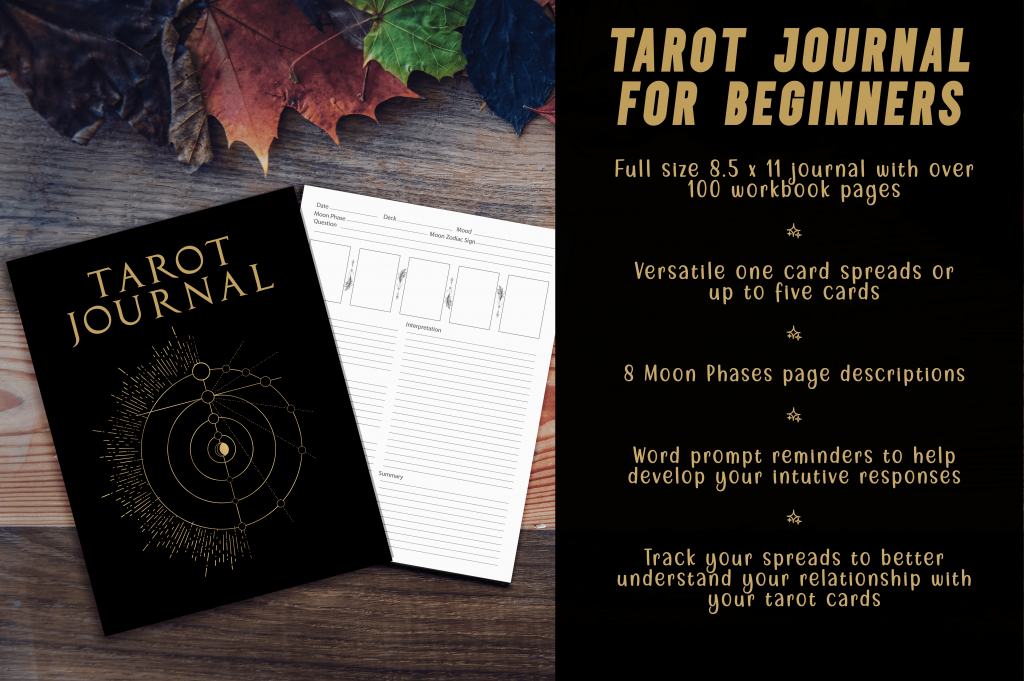Knowing what to do if someone disrespects you can be a powerful skill to learn. Dealing with disrespect is an inevitable part of life, but knowing how to respond to it in a healthy and constructive way can be challenging, especially when establishing personal boundaries.
Toxic relationships and encounters can make it even more challenging to handle disrespect, leaving you feeling hurt and powerless. In this blog, we will explore effective strategies for managing disrespect with grace and integrity, while maintaining control over our emotions and actions.
Table of Contents
1. Recognize the Power of Boundaries
Establishing clear boundaries is essential for maintaining healthy relationships and personal well-being. When someone disrespects you, it’s crucial to acknowledge that you have the right to set limits on how others treat you. Understand that toxic people may not comprehend or respect these boundaries, but it’s essential to assert them nonetheless.
2. Communicate Calmly and Respectfully
If you feel the person who disrespected you is reasonable and open to communication, consider discussing the issue with them. Before initiating the conversation, take time to reflect on your feelings and thoughts regarding the situation. When you talk to them, express how you feel without placing blame. Be open to working together towards a resolution, but be prepared for the possibility that the behavior may persist.
3. Know When to Walk Away
In some cases, attempting to reason with a disrespectful person may prove futile. If you find that the individual continues to be rude or dismissive, it’s essential to protect your well-being by distancing yourself from them. Sometimes, maintaining a healthy distance is the best course of action to preserve your self-respect and emotional stability.

4. Accept That Not Everyone Will Respect Your Boundaries
As much as we may want others to respect our boundaries, it is essential to understand that not everyone will be receptive to them. Accepting this reality can be challenging, but it allows you to let go of the need for validation from those who do not value your boundaries and is extremely helpful in knowing what to do when someone disrespects you.
5. Focus on Emotional Intelligence
Emotional intelligence is a significant part of how we respond to disrespectful behavior. By developing emotional intelligence, you can better understand what to do if someone disrespects you and why people act the way they do, and learn not to take their actions personally. Detaching yourself from the desire to control others’ behavior, even if it seems morally just, can lead to more profound personal growth.
6. Detach from Ideas of Justice and Fairness
While justice and fairness are essential values and an essential part of what to do if someone disrespects you, it’s helpful to recognize that not everyone adheres to them. Society may promote toxic social norms that perpetuate disrespectful behavior. Detaching from unrealistic expectations of how others should behave can help you navigate challenging situations more effectively.
7. What to Do if Someone Disrespects – Play the Long Game
Changing deeply ingrained behavior takes time, and not everyone is willing to change. Instead of expecting immediate transformation, focus on being a positive role model for healthy interactions. Surround yourself with people who share similar values, even if it means embracing solitude over toxic relationships.
To conclude this blog about what to do if someone disrespects you, dealing with disrespect is an ongoing challenge, especially in a world that may not always prioritize kindness and respect. However, by recognizing the importance of boundaries, communicating assertively, and focusing on personal growth, you can navigate disrespectful encounters with greater resilience and self-assurance.
FAQs About What to Do if Someone Disrespects You
Setting boundaries is an act of self-care and self-respect. Remind yourself that it’s okay to prioritize your well-being, and setting boundaries is essential for healthy relationships.
Dealing with disrespect from someone close can be difficult. Communicate your feelings honestly, and if necessary, seek support from other friends or family members.
While change is possible, it is ultimately up to the individual to work on their behavior. Focus on your growth and well-being, and avoid trying to change others.
Developing emotional intelligence involves self-awareness and empathy. Engage in self-reflection and practice active listening to understand others’ feelings better.
Loneliness may accompany distancing from toxic relationships, but it allows you to make space for healthier connections and personal growth.
Resources
Emotional Intelligence: Why It Can Matter More Than IQ by Daniel Goleman
The Dance of Anger: A Woman’s Guide to Changing the Patterns of Intimate Relationships by Harriet Lerner
Boundaries: When to Say Yes, How to Say No To Take Control of Your Life by Henry Cloud
Need More Help?
Sometimes having a person to talk to is all one needs.
To be heard, validated, and accepted in a non-judgemental way.
I offer Intuitive Coaching to help you get connected and stay connected with your own guidance system so you no longer have to be confused about what is going on in your life and can become your own authority.
My goal is to empower you towards your own personal freedom.







